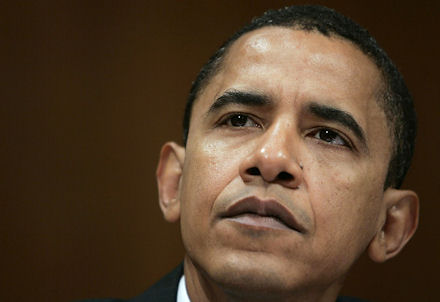Dear comrades and friends,
You will be aware of the US-backed "civic coup" underway in the Bolivia, and the threats this poses to democracy and all nations' right to political, economic and social sovereignty.
We urge you/your organisation to sign the open petition we have initiated in support of President Evo Morales and the Bolivian people, and to circulate it widely among left and progressive individuals and activists.
We hope you may also be able to use the petition to bring pressure on the government of your own country to publicly state its support for Bolivia's right to freedom from imperialist intervention.
The petition is
at:
http://www.gopetition.com/online/21871.html

